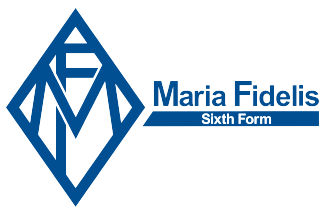Sport Science
Sport Science BTEC Level 3 Extended certificate in sport
WHAT THIS COURSE OFFERS YOU
- Studying this qualification will enable you to develop your knowledge & understanding of principles within Sport. As well as engaging within key topics which will enhance your cognitive skills and development of theoretical understanding of Sport.
- This qualification also offers the opportunity to use practical elements and implement into a theoretical setting.
- The qualification will also offer transferable skills onto higher education, such as communication, research, referencing, problem solving and independent reflection.
You’ll enjoy this course if...
- you are interested in developing your knowledge & understanding within Sport
- you enjoy learning & researching a variety of topics within sport.
- you want t engage in a variety of practical & theoretical studies.
ENTRY REQUIREMENTS
- 5 GCSE passes at G4 or higher
- G5 or above in English, Maths & Science
- G6 or above in GCSE Physical Education or equivalent
ASSESSMENT / CORE MODULES
- Unit 1 – Anatomy & Physiology – 5 Topics learnt throughout – 1 hour 30-minute exam
- Unit 2 - Fitness training & Programming for Health Sport & well-Being Part A- research about a scenario based on an individual who requires guidance on training, lifestyle & fitness/ Part B - Exam which contains 6 questions from Part A.
- Unit 3- Professional Development in the Sport industry – A variety of detailed written reports demonstrating analytical skills/ Evidence of extensive research/ Completed action plans & reviews/ Evidence of participation in interviews
- Unit 7 – Practical Sports Performance – Assignment & completing a practical assessment of your ability to apply the skills, techniques & tactics in conditioned & competitive situations in both individual & team sports
HOW WILL I BE TAUGHT?
- Essential concepts of each topic are introduced by the teacher in class, using ICT presentations and visual & practical activities.
- Students will engage with writing notes, self-assessment techniques to tailor revision
- There is a strong emphasis on independent learning and research.
- Using practical elements to transfer knowledge & understanding to cognitive aspects.
- Engaging with qualitative & quantitative research to develop research towards assignments.
- Using interventions to improve upon student’s knowledge & understanding & quality of work.
FUTURE PATHWAYS
You can go to study and become a sports scientist, physiotherapist, sports psychologist, sports nutritionist, personal trainer or be involved in creating sports policies as part governing bodies.


